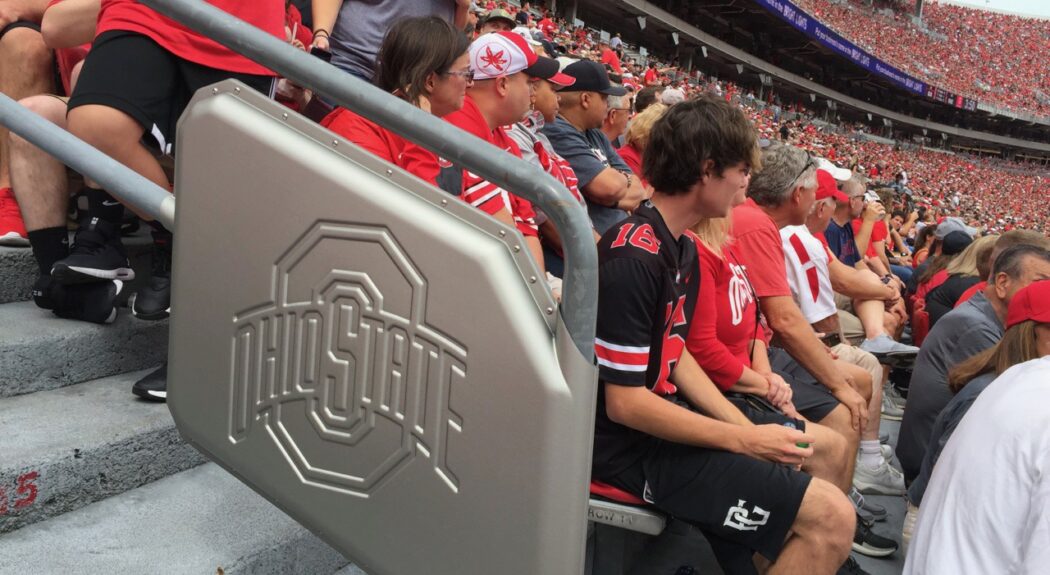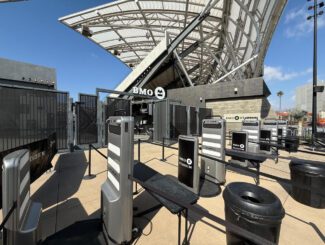
The U.S. Department of Justice has filed a lawsuit challenging Hewlett Packard Enterprise’s pending $14 billion acquisition of Juniper Networks, a move that could potentially keep HPE from bringing Juniper’s innovative Artificial Intelligence (AI) products to the stadium technology marketplace.
Though the complaint filed by the DOJ primarily focuses on its claims that the merger would “reduce competition and weaken innovation” in the wider market for Wireless LAN providers, it could also delay HPE’s ability to offer the capabilities of AI network monitoring to the stadium wireless network marketplace. HPE and Juniper, which announced the planned acquisition early in 2024, called the lawsuit “fundamentally flawed,” and vowed to defend the transaction in court.
For stadium networking customers, the immediate effect of the lawsuit may be its ability to delay HPE’s ability to bring new products to market while the legal process takes place, something that could aid competitors at a time when many stadiums are looking to replace or upgrade legacy Wi-Fi 5 networks. According to our most recent Stadium Connectivity Outlook Survey, venue technology professionals have identified the need to improve stadium wireless networking as their top priority for 2025.
AI tools could ease network administration and allow for new services
When WLAN market leader Cisco acquired AI software provider Splunk last year for $28 billion, it gained the kind of AI tools that could possibly bring more efficient monitoring and administration of large networks like stadium deployments. Though we’ve not yet seen any Cisco-based stadium networks with Splunk integration, the theory is that eventually Splunk’s data-analytics platform could automate a lot of network functions that currently need human interaction, thereby improving large-network performance.
HPE, which did not have such AI attributes in-house, was clearly aware of a competitive threat coming from Juniper, according to the DOJ complaint. Viewed through a stadium-network lens, perhaps the most compelling attributes of Juniper came through its 2019 acquisition of Mist, a startup that focused on using AI to optimize user experiences and simplify operations across enterprise networks. You can read more about the Mist platform here.
Though we are not aware of any stadiums currently using Juniper equipment or software for their Wi-Fi networks, the promise of AI-powered tools that could significantly improve network administration and operation could be a strong selling point for providers in the near future, as many stadiums look to upgrade their legacy Wi-Fi 5 networks to Wi-Fi 6 or 6E. Currently, the majority of stadium networks either use Cisco, HPE/Aruba or Extreme Networks gear for their Wi-Fi operations.









